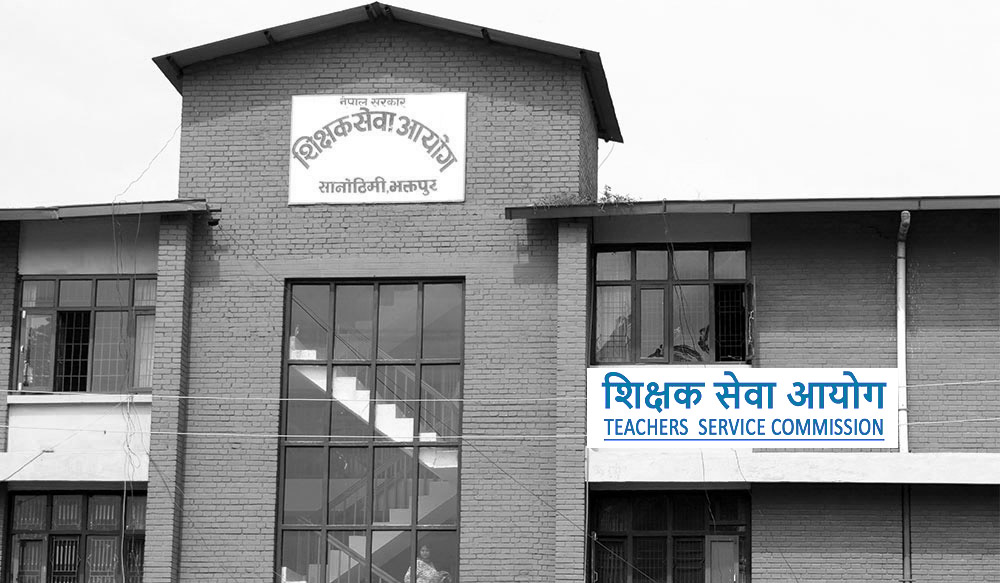
Government of Nepal Opens Doors for Subject Experts to Enter Teaching Profession
The Government of Nepal has introduced a significant change in the teaching profession by allowing individuals with higher education from faculties other than education to become teachers. This initiative aims to enhance the quality of education by incorporating subject experts into school-level teaching. In addition, the government has implemented measures to improve school infrastructure, promote healthy eating habits, and support marginalized students. Let's delve into the details of these developments.
Expansion of Teaching Profession:
- The government has made a noteworthy amendment, enabling students who have obtained higher education from any faculty to pursue teaching with a teaching license.
- Previously, only students from the Faculty of Education were eligible to participate in the teaching license examination, with a compulsory one-year BED (Bachelor of Education) requirement for other subjects.
- This new provision paves the way for subject experts to contribute their knowledge and expertise to school education, addressing the declining educational standards at the school level.
Allocation for Subject-specific Teachers:
- To enhance the quality of school education, the government has allocated 3.69 billion for managing English, mathematics, and science teachers in secondary and basic schools.
- This allocation aims to address the shortage of subject-specific teachers based on the subject and student ratio, thereby ensuring comprehensive education for students.
- By emphasizing the recruitment of specialized teachers, the government endeavors to improve the teaching-learning process and elevate educational outcomes.
Junk Food Ban and Midday Meal Program:
- The government has taken a proactive step toward prioritizing children's health and nutrition by imposing a ban on junk food in schools across the country.
- The ban has been implemented from the current academic year and is supported by the introduction of an 8.45 billion midday meal program.
- Finance Minister Prakasharan Mahat highlighted the significance of the midday meal program, which accounts for 11 percent of the total education budget.
- This initiative ensures that children receive nutritious meals during school hours, promoting their overall well-being and fostering a conducive learning environment.
Inclusive Education Initiatives:
- The government has allocated 3.2 billion to facilitate school-level and technical-level higher education for disadvantaged Dalit and marginalized students.
- Approximately 2.6 million students are expected to benefit from these provisions, empowering them with equal opportunities for educational growth and development.
- Furthermore, the government aims to map and redistribute early child development education to improve accessibility systematically.
- Budgetary arrangements have been made to support initiatives focused on bringing children to school, sustaining their education, and providing practical agricultural learning experiences.
Changes to Presidential Educational Reform Program:
- The government has reduced the budget allocated to the presidential educational reform program from 8.89 billion to 4 billion in this year's budget.
- The model school program, which was part of the previous reform initiatives, has been eliminated.
- Educationist Vidyanath Koirala suggests that these programs, implemented over the past three years, have not significantly enhanced the quality of education.
- As schools receive funding based on fees and access, the government has made these cuts to ensure efficient allocation of resources.
Conditional Grants for School Infrastructure:
- Under the President's Educational Reform Program, the budget includes conditional grants to local levels for developing physical infrastructure in schools.
- The grants are allocated based on the number of students, schools, and teachers, aiming to improve the overall learning environment.
Provision of Free Pads for Girl Students:
- In a significant move toward menstrual hygiene and supporting girl students, the government has allocated 1 billion 42 crores to provide free pads.
- This initiative aims to ensure that girls have access to essential hygiene products, promoting their health, well-being, and uninterrupted education.
The recent educational developments in Nepal reflect the government's commitment to improving the quality of education, fostering inclusivity, and prioritizing students' well-being. By allowing subject experts to enter the teaching profession, implementing the midday meal program, and addressing infrastructure needs, Nepal aims to create a conducive learning environment that empowers students to thrive academically and personally. These initiatives pave the way for a brighter future for education in the country.
Kathmandu TSC




